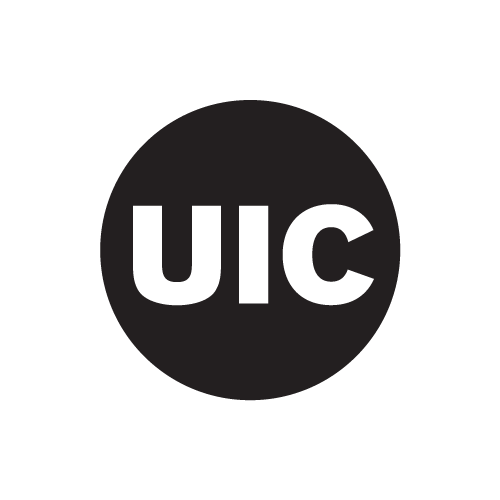Quantum Topology / Hopf Algebra Seminar
Giacomo Mauro D'Ariano
Northwestern University and Dipartimento di Fisica, via Bassi 6, I-27100 Pavia, Italy
Quantum Field Theory from general principles results in a quantum cellular automaton theory
Abstract: I will review a recent derivation of free Quantum Field Theory (QFT) starting from a denumerable set of quantum systems in
interaction satisfying the following general principles: 1) linearity, 2) unitarity, 3) locality, 4) homogeneity 5) transitivity,
6) isotropy, 7) minimality of dimension.
All these principles are at the basis of the definition itself of ^?physical law^?, and can be summarized as the principle of
minimal algorithmic complexity of the law. Principles 2-5 lead to a quantum walk over a Cayley graph of a group. Principle 1)
trivially extends the quantum walk to a
quantum cellular automaton (QCA), whereas principle 6 and 7 restrict to the Fermionic field. Among the vast choice of Cayley
graphs we restrict to those that are quasi-isometrically embeddable in an Euclidean space, which then requires the group to be
virtually Abelian. Principle 7) then restrict to the Abelian case. The quasi-embeddability issue opens the theory to the new
mathematical chapter of geometric group theory.
The new principles therefore logically resort to treating QFT as a QCA. The QCA theory can be regarded as an extended QFT,
describing in a unified way all scales ranging from an hypothetical discrete Planck up to the usual Fermi scale. Such a theory
solves most problems that plague QFT, being quantum ab-initio, with no divergences, and avoiding all problems arising from the
continuum, most outstandingly the localization and the causality issues. These features make the theory an ideal framework for
quantum gravity, with relativistic covariance and space-time emergent solely from the interactions, and not assumed a priori.
The above work is an extension of a previous work in which Quantum Theory has been derived from six principles of purely
information-theoretical nature. The need of addressing also the Mechanics side of the Quantum has shifted the focus toward
the much wider landscape of QFT, corresponding to adding the principles ruling the network of information-processing
that achieves the flow of information. All this new research field resulted from the experience in Quantum Information that
has recently led the community to look at foundations under the completely new information-theoretic angle. Depending on
availability of time, a short review of the informational-theoretic axioms for Quantum Theory will be given.
Thursday August 28, 2014 at 3:00 PM in SEO 612

